In this AlzAuthors Live! Virtual Q&A Dementia with Difficult People held on November 8th, 2022, you will meet four of our authors who either cared for a parent who had hurt them in the past, or dealt with siblings who made caregiving difficult, or both. A professional mediator will also be on hand to offer advice on how to navigate a dementia journey with a difficult person.
Discussion topics:
- Heeding the call to care
- Reckoning with the past
- Setting aside differences
- Problems/issues encountered
- Forgiveness
- Building a support network without family
Meet Our Panelists
Kimberly Best, RN, MA
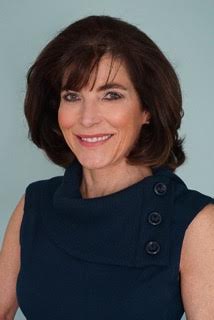 Kimberly is the author of How to Live Forever, A Guide to Writing the Final Chapter of Your Life Story. She is a speaker and trainer on conflict management, transitions, and difficult decisions, including end of life issues. She is the owner of Best Conflict Solutions, focusing on Conflict Coaching, Civil, Family, Healthcare, and Elder Mediation in Franklin, Tennessee. She spent most of her career as a Registered Nurse in intensive care, trauma, and emergency medicine, where she cared for people in extreme need and gained valuable experience in the medical system. Kim attended graduate school at the University of North Carolina Charlotte in Clinical/Community Psychology and obtained a master’s degree in Conflict Management from Lipscomb University in Nashville, Tennessee. She also trained in Transformative Mediation at Hofstra University and Healthcare Mediation at the University of South Florida and is a working member of the ACR Elder Mediation Professional Development Group. She also serves on the board of the Tennessee Association of Professional Mediators. She is passionate about helping others resolve conflicts in a productive, non-litigious way, and in finding the optimal solution to problems for all parties involved. Kim draws from her unique and diverse experiences and her love of learning to inform her work in conflict management. Read Kim’s AlzAuthors post here.
Kimberly is the author of How to Live Forever, A Guide to Writing the Final Chapter of Your Life Story. She is a speaker and trainer on conflict management, transitions, and difficult decisions, including end of life issues. She is the owner of Best Conflict Solutions, focusing on Conflict Coaching, Civil, Family, Healthcare, and Elder Mediation in Franklin, Tennessee. She spent most of her career as a Registered Nurse in intensive care, trauma, and emergency medicine, where she cared for people in extreme need and gained valuable experience in the medical system. Kim attended graduate school at the University of North Carolina Charlotte in Clinical/Community Psychology and obtained a master’s degree in Conflict Management from Lipscomb University in Nashville, Tennessee. She also trained in Transformative Mediation at Hofstra University and Healthcare Mediation at the University of South Florida and is a working member of the ACR Elder Mediation Professional Development Group. She also serves on the board of the Tennessee Association of Professional Mediators. She is passionate about helping others resolve conflicts in a productive, non-litigious way, and in finding the optimal solution to problems for all parties involved. Kim draws from her unique and diverse experiences and her love of learning to inform her work in conflict management. Read Kim’s AlzAuthors post here.
Malia Kline
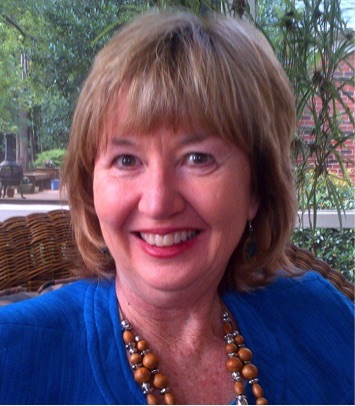 Malia is the author of Sisterly Shove, a memoir that tells the story of when she and her sister took on their parents’ care despite their personal differences. She is the younger sister in the book. A copywriter who studied journalism at The University of North Carolina at Chapel Hill, she was formerly a writer/producer at a CBS-affiliate TV station. She was also the scriptwriter on videos in the Duke Family Series. One of them, It’s Potty Time, was named “KidVid of the Year” by Roger Ebert and became available in nearly 700 libraries worldwide. Malia now owns her own copywriting business and shares her word-obsessed perspectives in Malia Mania, a comedic grammar blog. She lives in Charlotte, N.C. with her husband, Steve, and has one daughter who has followed in her sister’s footsteps as an M.D., now completing her pediatric residency. Read Malia’s AlzAuthors post here.
Malia is the author of Sisterly Shove, a memoir that tells the story of when she and her sister took on their parents’ care despite their personal differences. She is the younger sister in the book. A copywriter who studied journalism at The University of North Carolina at Chapel Hill, she was formerly a writer/producer at a CBS-affiliate TV station. She was also the scriptwriter on videos in the Duke Family Series. One of them, It’s Potty Time, was named “KidVid of the Year” by Roger Ebert and became available in nearly 700 libraries worldwide. Malia now owns her own copywriting business and shares her word-obsessed perspectives in Malia Mania, a comedic grammar blog. She lives in Charlotte, N.C. with her husband, Steve, and has one daughter who has followed in her sister’s footsteps as an M.D., now completing her pediatric residency. Read Malia’s AlzAuthors post here.
Susan Landeis
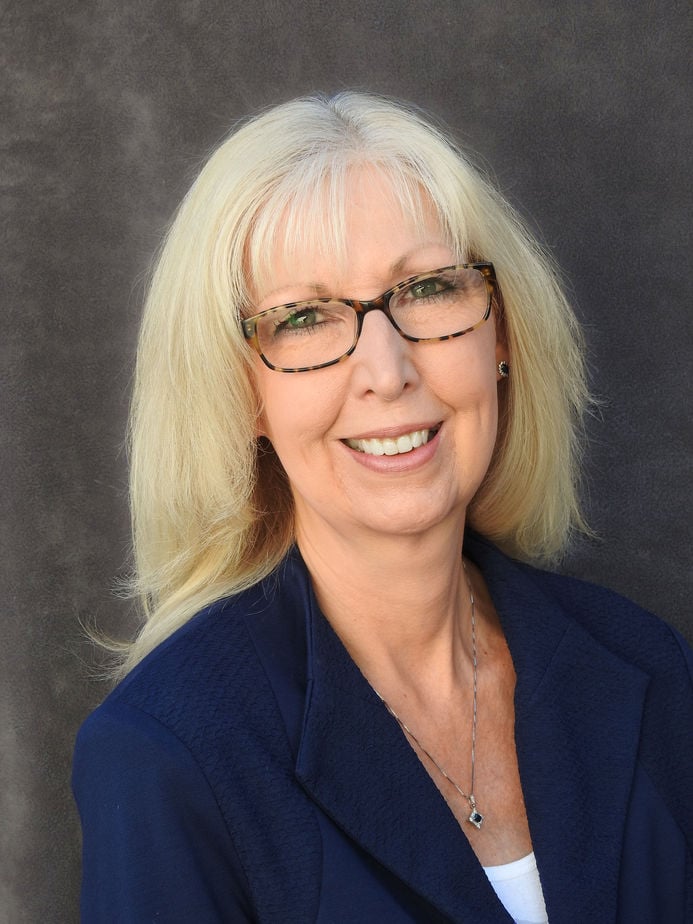 Susan is a member of the AlzAuthors management team and Board of Directors. She is the author of In Search of Rainbows: a daughter’s story of loss, hope, and redemption where she writes about the gifts she found while caring for her mother with whom she’d had a tumultuous relationship. She later penned Optimal Caregiving: A guide for managing senior health and well-being. She is a certified nutritionist and certified senior advocate, studies she took up when becoming her father’s caregiver. Prior to this, she spent over twenty years working in the field of Health Information Management. Susan lives in the beautiful state of Oklahoma with her husband and two dogs. She has been blessed with two grown children and three beautiful grandchildren. Read Susan’s AlzAuthors post here.
Susan is a member of the AlzAuthors management team and Board of Directors. She is the author of In Search of Rainbows: a daughter’s story of loss, hope, and redemption where she writes about the gifts she found while caring for her mother with whom she’d had a tumultuous relationship. She later penned Optimal Caregiving: A guide for managing senior health and well-being. She is a certified nutritionist and certified senior advocate, studies she took up when becoming her father’s caregiver. Prior to this, she spent over twenty years working in the field of Health Information Management. Susan lives in the beautiful state of Oklahoma with her husband and two dogs. She has been blessed with two grown children and three beautiful grandchildren. Read Susan’s AlzAuthors post here.
Barbara Ella Milton, Jr. PhD, LCSW
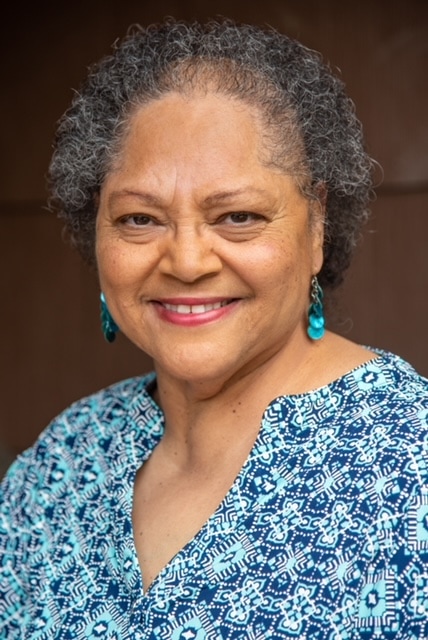 Barbara is the author of Heeding the Caregiver Call: The Story of Barbara Ella Milton, Sr. and Alzheimer’s Disease. This tells the tale of her caring for her estranged mother when she was diagnosed with Alzheimer’ s disease while she herself endured treatment for bladder cancer. She is a clinical social worker, clinical supervisor, social work educator, child welfare advocate, activist, social media producer, and resilience expert, and has been an impactful social change agent for the wellness of at-risk youth and families for decades. She was a contributor to the Confessions of a Welfare Mom series, co-authored the book The Great Pause: Blessings and Wisdom from COVID-19 , and penned an Opinion article in the journal, Psychosis. She recently published Inherited Wisdom: Drawing on the Lessons of Formerly Enslaved Ancestors to Lift Up Black Youth with Deborah Brooks Lawrence. She was born in Camden, New Jersey as the only child of Barbara Ella Milton Sr., who died from Alzheimer’s in January 2019. Barbara, now retired, lives in North Jersey with her wife, Kay. They enjoy a life rich with family and friends. Read Barbara’s AlzAuthors post here.
Barbara is the author of Heeding the Caregiver Call: The Story of Barbara Ella Milton, Sr. and Alzheimer’s Disease. This tells the tale of her caring for her estranged mother when she was diagnosed with Alzheimer’ s disease while she herself endured treatment for bladder cancer. She is a clinical social worker, clinical supervisor, social work educator, child welfare advocate, activist, social media producer, and resilience expert, and has been an impactful social change agent for the wellness of at-risk youth and families for decades. She was a contributor to the Confessions of a Welfare Mom series, co-authored the book The Great Pause: Blessings and Wisdom from COVID-19 , and penned an Opinion article in the journal, Psychosis. She recently published Inherited Wisdom: Drawing on the Lessons of Formerly Enslaved Ancestors to Lift Up Black Youth with Deborah Brooks Lawrence. She was born in Camden, New Jersey as the only child of Barbara Ella Milton Sr., who died from Alzheimer’s in January 2019. Barbara, now retired, lives in North Jersey with her wife, Kay. They enjoy a life rich with family and friends. Read Barbara’s AlzAuthors post here.
Editor’s Note: With our deepest sympathies and great sadness, we must add that Barbara passed away on October 9, 2023.
Vicki Tapia
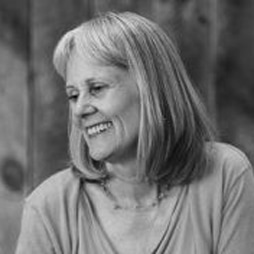 Vicki is a co-founder of AlzAuthors and a member of the management team and Board of Directors. She is the author of Somebody Stole My Iron: A family memoir of dementia, which chronicles her story of caring for both parents with dementia. She and her mother shared a difficult relationship, and Vicki found herself without the assistance of her only brother who chose to deny, rather than participate in, the situation. She is a lactation consultant who taught around 10,000 mother/baby pairs the art of breastfeeding before her energies were redirected to the other end of life. A diary written to help her cope with caregiving morphed into Somebody Stole My Iron, which was a finalist in the 2015 High Plains Book Awards. She has subsequently published two historical novels based on her family: Maggie: A Journey of Love, Loss and Survival and Harry & Grace: A Dakota Love Story. When she’s not busy writing, you are apt to find this native Montanan out walking her dog or off on an adventure with her husband on their tandem bicycle. Read Vicki’s AlzAuthors post here.
Vicki is a co-founder of AlzAuthors and a member of the management team and Board of Directors. She is the author of Somebody Stole My Iron: A family memoir of dementia, which chronicles her story of caring for both parents with dementia. She and her mother shared a difficult relationship, and Vicki found herself without the assistance of her only brother who chose to deny, rather than participate in, the situation. She is a lactation consultant who taught around 10,000 mother/baby pairs the art of breastfeeding before her energies were redirected to the other end of life. A diary written to help her cope with caregiving morphed into Somebody Stole My Iron, which was a finalist in the 2015 High Plains Book Awards. She has subsequently published two historical novels based on her family: Maggie: A Journey of Love, Loss and Survival and Harry & Grace: A Dakota Love Story. When she’s not busy writing, you are apt to find this native Montanan out walking her dog or off on an adventure with her husband on their tandem bicycle. Read Vicki’s AlzAuthors post here.
For more information please email us at alzauthors@gmail.com.

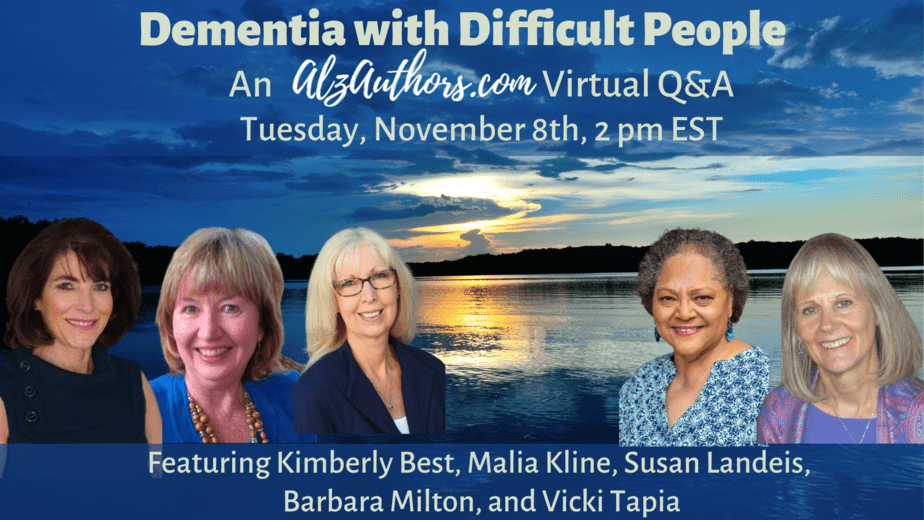

5 Responses
How do you get past resentment with your sibling (brother with family) that does barely anything to help and the healthy parent who doesn’t want to ask them, yet, expects you to continue to do everything (female without family)and not get paid at all living off my savings. I’d like to be compensated for helping these past 5 years since I’ve given up my life / job to assist. How do I ask for that?
Hi Jennifer. This sounds like a challenging situation to be in. It’s a lot to give up so much and feel like you’re carrying the weight – especially with no compensation. Unfortunately, it’s not uncommon. Often, one sibling shoulders the responsibility while the others might arm-chair quarter-back from far away, often making things even more complicated and building more resentment. Living with and dealing with resentment affects other parts of our lives, so you are wise to notice that’s not a good place to stay in. There is a conversation to be had here, and there’s not one right way to do it. Mediators help families have these difficult conversations by understanding the people, their story, and finding what each person can do. We create safe space to voice, be understood and understand the other side. We hold space to help design a better way to move forward. These are the kinds of conversations that can be new to many families. Typically, we keep a lot in and then we blow up and the hurt can come out more than the need. Then little gets resolved and sometimes things get worse. I hope you get help – so you can voice this frustration and maybe work with your family to move toward an outcome that offers what you need. It is possible. Kind regards, Kim Best
Hi Jennifer, I understand how you feel. My situation was very similar to yours. If your parent has long-term care insurance, you may be able to be compensated through that. Just check the policy.
I enjoyed this presentation a lot. am wondering how to access the recording.
Thanks for attending, Anne. The video will come out later this week. You’ll receive an email. Marianne